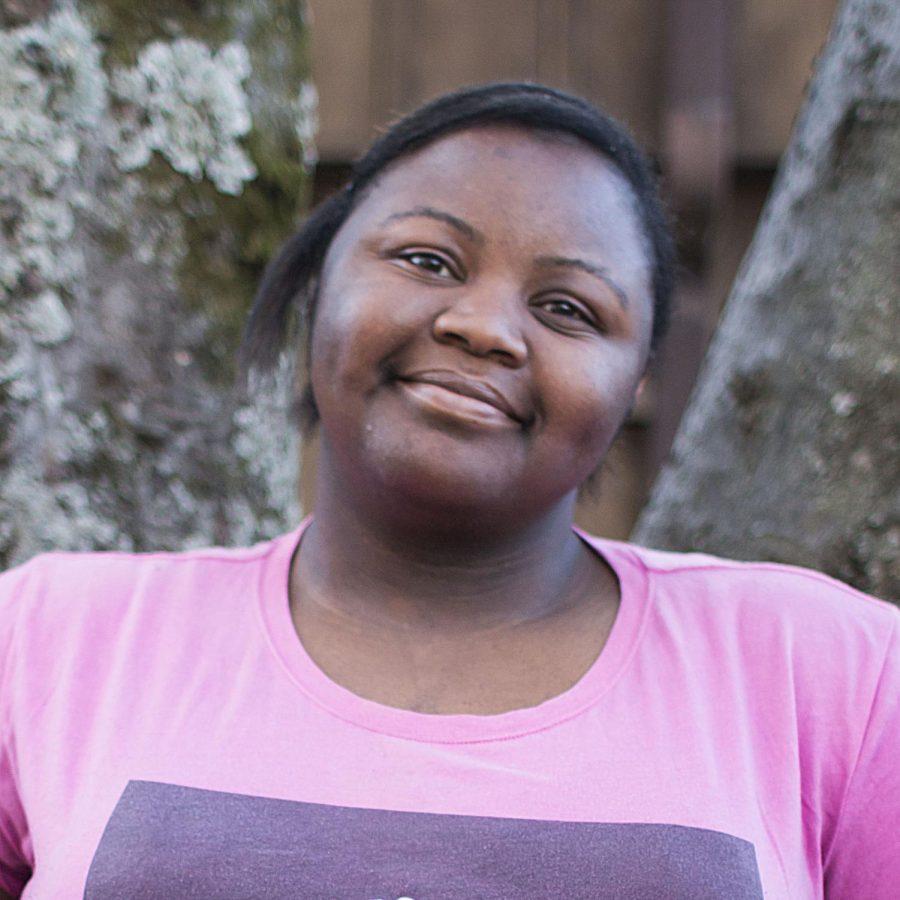Society should educate itself on black history
February 9, 2017
Feb. 1 was the beginning of Black History Month, a month of celebrating the accomplishments of African-Americans. However, on this day, Vice President Mike Pence posted on Twitter that Abraham Lincoln should be the person Americans celebrate this month.
“As #BlackHistoryMonth begins, we remember when Pres. Lincoln submitted the 13th Amendment, ending slavery, to the states #NationalFreedomDay,” Pence said on Twitter.
Pence’s tweet left many upset with some responding to Pence on Twitter saying he was making Black History Month “all about white people” and that he doesn’t “give a hoot” about it.
While Lincoln did ratify the 13th Amendment, he did not believe that black people should have the same rights as white people.
“I will say then that I am not, nor ever have been, in favor of bringing about in any way the social and political equality of the white and black races,” Lincoln said in an 1858 debate.
The tweet Pence sent out is a common misconception most Americans have had about Lincoln supporting African-Americans, including me. This makes Pence’s usage of Lincoln to celebrate Black History Month more confusing.
Unfortunately, most people’s involvement with Black History Month stops after they leave high school. For some, these lessons end even earlier.
There are many other people Americans can celebrate and learn more about during Black History Month, whether it is a civil rights leader like Martin Luther King, Jr. or an iconic entertainer like Ethel Waters, one of the first black actresses on television.
The only way people can fix this is if they educate themselves and others on the subject. Instead of being a passive learner with Black History Month, people should become more active. Here are three ways to do this:
1. Do research.
The first step students should take is researching events and people in black history. Most people know about Martin Luther King, Jr.’s and Rosa Parks’ contribution, but what about the other civil rights leaders and entertainment icons like Thurgood Marshall or Oprah Winfrey?
2. Get involved with activities related to black history.
Instead of just learning about events and people, it is important to find ways to have a physical connection with the events and places. Whether this involves going on tours or visiting landmarks, it is better to see the sights that go along with the history. People in Florence have the convenience to visit the museum of W.C. Handy, the “Father of Blues.”
3. Have a discussion.
After people have done their research and added those visual sights, the final step is to have a discussion with others. This allows people to not only educate fellow humans, but to also discuss and debate over topics and events.
The Florence community has the opportunity to participate in a discussion with hip-hop icon Chuck D at the event “Rap, Race, and Reality” Feb. 15 (see p. 9).
While Black History Month may only last until the end of February, the learning of black history shouldn’t end when March rolls around. The learning of black history should be an ongoing process that lasts year-round.


